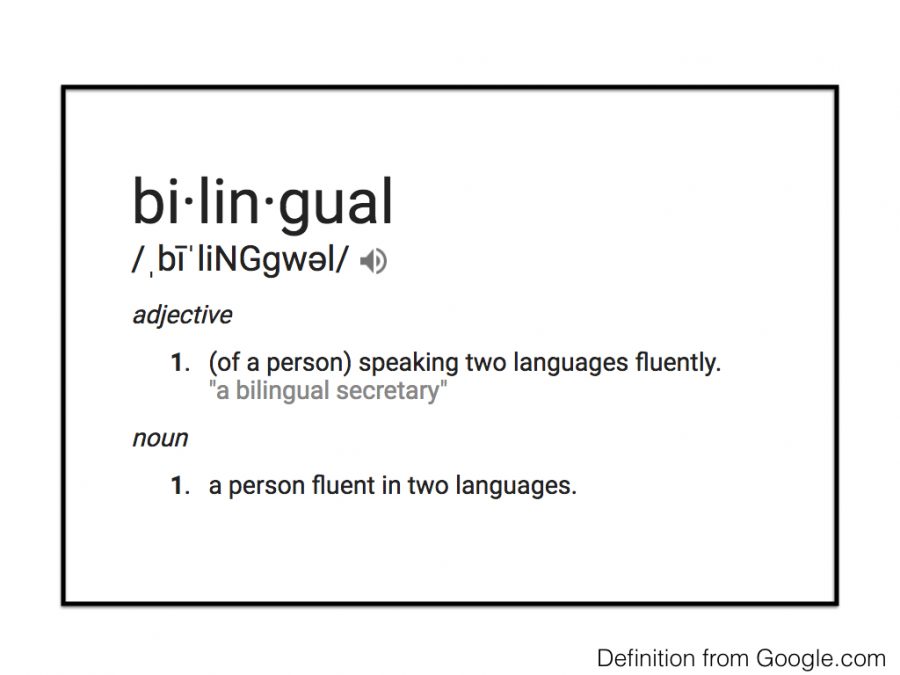You probably already know that asking quality questions of your prospective employer at the end of an interview can give you bonus points when it comes to your probability of being hired. Among many things, good questions show your knowledge, interest level, and attention to the employer’s needs.
But what about your needs? Asking questions just for the sake of asking may not help you decide if you really want to work for that employer. You are trying to land the job offer, yes, but you should also be thinking about how the job fits within your vision of an ideal workplace. That will help you craft questions that make sure you have everything you need in order to choose a company where you will thrive.
When you are from a unique background, however, the stakes are even higher when it comes to the questions you ask, since it could impact not just your success but also your potential risk for forced failure. In other words, will you be discriminated against at all, whether blatantly or inadvertently? Could you be, in fact, risking your career instead of accelerating it with this new gig?
According to Glassdoor, “a full two-thirds (67 percent) of active and passive job seekers said that a diverse workforce is an important factor when evaluating companies and job offers.” Even though most want a diverse workplace, inclusion and cultural acceptance are not a strength of today’s modern workforce. It has made headlines in recent years that many of America’s top companies, in all industries, lack acceptable diversity and inclusivity in its workforce and workplaces. Hence, when doing your evaluation – why not have all the data you need to make good decisions?
Here are 5 questions you could consider asking. Some of these may make you nervous to ask, especially if you suspect those interviewing you may not be inclusive themselves. Being brave, however, and approaching these questions with a confident, professional, and friendly tone can be the catalyst for positive conversations.
- I’m from a multicultural background. What steps do you regularly take to create an inclusive work atmosphere?
- How is diversity valued at this organization?
- What are your goals for inclusivity?
- Do you consider multiculturalism in your hiring decision-making?
- What successful events (i.e. meetings or training) have you had relating to developing inter-employee acceptance and appreciation specifically related to diversity?
These questions are only just the beginning of a whole plethora of questions you could ask. Remember to stay focused on what will make you feel like you can thrive. So go ahead, ask these, develop more of your own, and be brave enough to interview the interviewer!
For comprehensive advice on the entire job search process, read our complete guide to landing a job at a great company or visit our career advice hub.



















